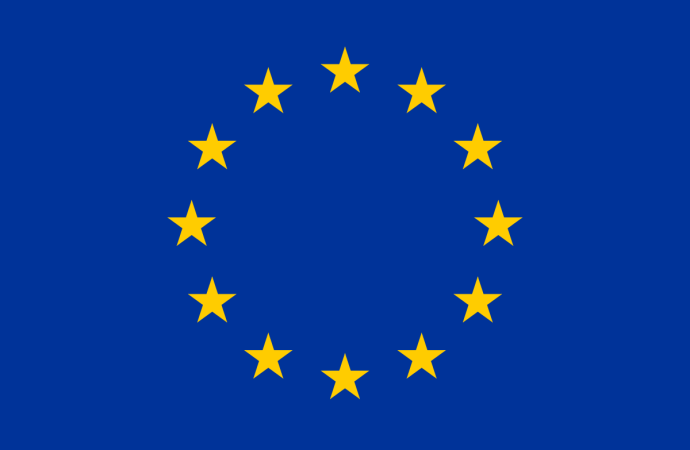The European Union (EU) has emerged as a forerunner in regulating the tech landscape. From data privacy to fair competition, the bloc has enacted several landmark laws that have influenced legislation around the world. Let’s delve into two key EU Tech Laws regulations: the General Data Protection Regulation (GDPR) and the recently adopted Artificial Intelligence
The European Union (EU) has emerged as a forerunner in regulating the tech landscape. From data privacy to fair competition, the bloc has enacted several landmark laws that have influenced legislation around the world. Let’s delve into two key EU Tech Laws regulations: the General Data Protection Regulation (GDPR) and the recently adopted Artificial Intelligence Act (AI Act).
GDPR: Empowering Users and Protecting Data
Enacted in 2016, the GDPR stands as a cornerstone of data privacy rights. It grants EU citizens a significant degree of control over their personal information. Here are some of its key aspects:
- Transparency and Consent: Organizations must be transparent about how they collect and use personal data. They also need to obtain clear and informed consent from users before processing their information.
- Individual Rights: The GDPR empowers individuals with rights like access to their data, rectification of inaccuracies, and the right to be forgotten (data erasure).
- Accountability: Organizations are accountable for breaches and must implement appropriate safeguards to protect personal data.
The GDPR’s impact has been far-reaching. It has not only strengthened data privacy within the EU but also served as a model for data protection laws in other countries.
AI Act: Shaping the Future of Artificial Intelligence
The AI Act, adopted in April 2023, is a pioneering piece of legislation aimed at regulating Artificial Intelligence. It categorizes AI systems based on their risk level and sets out various requirements depending on the category.
- Risk-Based Approach: The AI Act focuses on high-risk AI systems, such as those used in facial recognition, credit scoring, and recruitment. These systems must adhere to stricter regulations, including robust risk assessments, high-quality data sets, and human oversight mechanisms.
- Transparency and Explainability: The Act emphasizes the need for transparency in how AI systems reach decisions. This fosters trust and allows for identification and mitigation of potential biases.
- Ban on Certain Uses: The AI Act prohibits certain AI applications deemed to be a high risk to fundamental rights, such as social scoring and manipulative techniques.
The AI Act is a significant step towards ensuring the ethical development and use of AI. It sets a global precedent for regulating this powerful technology and is likely to influence AI policies worldwide.
Beyond GDPR and AI Act
The EU’s regulatory framework for the tech sector extends beyond the GDPR and AI Act. The Digital Markets Act (DMA), introduced in 2022, aims to promote fair competition in the digital market by regulating gatekeeper platforms.
These EU Tech Laws reflect the EU’s commitment to fostering a digital environment that is innovative, competitive, and respectful of individual rights. As technology continues to evolve, we can expect the EU to remain at the forefront of shaping the digital world of tomorrow.



















Leave a Comment
Your email address will not be published. Required fields are marked with *